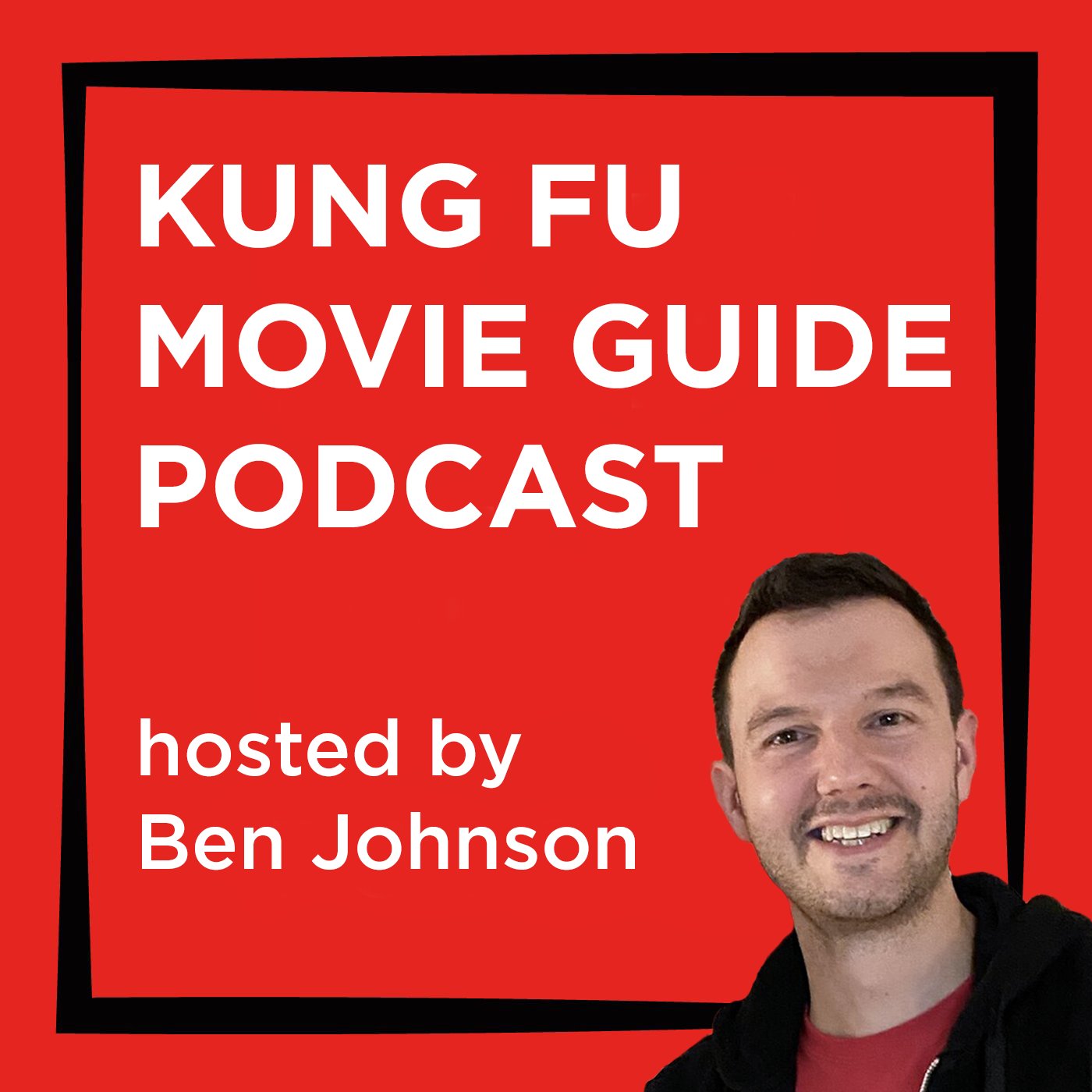
Date of birth: 3 November, 1957 (Spånga, Sweden)
Real name: Hans Lundgren
Occupation: Actor, director, screenwriter, producer, martial artist.
Style: Kyokushin karate
Biography: Hans Lundgren was born in Spånga in the city of Stockholm, Sweden, to Sigrid Birgitta – a languages teacher – and Karl Johan Hugo Lundgren, an engineer and economist for the Swedish government. Lundgren has an older brother and two younger sisters. At the age of 13, the family moved to Nyland, Ångermanland, in northern Sweden. His nickname, ‘Dolph’, was given to him by a relative on his mother’s side.
Lundgren has spoken publicly about the mental and physical abuse suffered at the hands of his father as a key motivator in his desire to learn the martial arts. At the age of seven, Lundgren tried judo and Goju-ryu karate, before taking up Kyokushin karate from the age of 10. He also developed a passion for music and started to play the drums.
Dolph Lundgren graduated from high-school with straight As and attended Washington State University and Clemson University for one year on an academic scholarship, studying chemical engineering. Dolph returned to Sweden to serve a mandatory year in the Swedish Marine Corps at the Amphibious Ranger School.
In the late 1970s, he enrolled at the Royal Institute of Technology in Stockholm, Sweden, where he received a degree in chemical engineering. Throughout his studies, Dolph continued to train in the martial arts, achieving a 2nd dan black belt in Kyokushin karate in 1978. He was captain of the Swedish Kyokushin karate team and was European champion from 1980 to 1981.
In 1982, he received a master’s degree in chemical engineering from the University of Sydney, Australia. He continued to compete while studying in Sydney and worked as a bouncer at a nightclub. While in Sydney, he became a bodyguard for the singer Grace Jones, and began a relationship with her. In 1983, he received a Fulbright scholarship to Massachusetts Institute of Technology (MIT) and was intending to move to Boston to continue his studies until Grace Jones convinced him to move to New York to continue their relationship and pursue an acting career. He quit his studies at MIT after two weeks.
While living with Jones in her New York apartment, Dolph worked as a model and a bouncer at The Limelight nightclub in Manhattan, and studied drama at the Warren Robertson Theatre Workshop. His first role was as a KGB henchman in the James Bond film, A View to a Kill (1985), which also starred Grace Jones.
Dolph’s breakthrough role was playing the imposing Cold War Russian boxing champ, Ivan Drago, opposite Rocky Balboa in the sequel, Rocky IV (1985), directed by and starring Sylvester Stallone. Dolph was initially considered too tall for the role but was eventually selected from 5,000 people. He trained extensively in bodybuilding and boxing for five months in preparation for the role which made him an overnight star.
His first lead role was as He-Man in the 1987 fantasy film, Masters of the Universe, based on the popular children’s cartoon. In the same year, Lundgren released a workout video, called Maximum Potential. His next starring roles included playing another Russian character in Red Scorpion (1989), followed by the Marvel Comics character Frank Castle in The Punisher (1989) and a cop in the sci-fi action film Dark Angel (1990). All of these films were received poorly by critics.
Dolph Lundgren’s films are predominantly in the action genre, and highlight his skills as a martial artist. His characters have ranged from playing both the hero and the villain. He worked with Brandon Lee – son of Bruce Lee – in the martial arts film, Showdown in Little Tokyo (1991), and played the villain against Jean-Claude Van Damme in Universal Soldier (1992). The film would go on to gross $102m worldwide. In 1993, Dolph starred in Army of One, the directorial debut of stunt legend, Vic Armstrong. In 1995, he played a hitman in Johnny Mnemonic opposite Keanu Reeves, which would prove to be his last theatrical release until 2010.
Since 1995, Lundgren’s films have been made for the direct-to-video market. In 1998, he worked with director John Woo for the TV pilot, Blackjack, and he worked with the director and karate expert, Isaac Florentine, for Bridge of Dragons (1999), reuniting with his Showdown in Little Tokyo co-star, Cary-Hiroyuki Tagawa. Dolph Lundgren made his directorial debut in 2004 in The Defender, replacing original director Sidney J. Furie. His other films as director include The Mechanik (2005), Missionary Man (2007), Command Performance (2009) and Icarus (2010).
In 2009, The Dolph Lundgren Scholarship was launched, awarded to students with the best grades at his old school in Ångermanland, Sweden. In 2010, Lundgren returned to mainstream cinema in the Sylvester Stallone ensemble action film, The Expendables, reprising his role as Gunnar Jensen in the subsequent sequels. In 2016, he made a cameo appearance in the Coen Brothers film, Hail, Caesar! He has also reunited with Stallone for the film, Creed II (2018), in which he reprised his role as Ivan Drago. In 2018, Lundgren appeared as King Nereus in the superhero film, Aquaman, based on the DC Comic’s character.
In 2011, Dolph Lundgren published an autobiographical fitness book in Sweden called Train Like an Action Hero: Be Fit Forever, republished in 2014. Dolph Lundgren has been married twice; to Peri Momm from 1991 to 1992, and to Anette Qviberg from 1994 to 2011. Together they have two daughters, Ida (born 1996) and Greta (born 2001). He has property in Los Angeles and Marbella, Spain.
Speech! “I followed my instincts and passion. Some of it was tough, but most of it has been wonderful. Most people I meet now are happy to see me. So, I guess I entertained some folks and made them feel good, whether I was a good guy or bad guy. I think that’s why I was put on this earth.” Interview with ESPN The Magazine, 2018.
Filmography (as actor): 1985 A View to a Kill; Rocky IV; 1987 Masters of the Universe; 1988 Red Scorpion; R.P.G. II (short); 1989 The Punisher; 1990 Dark Angel; 1991 Cover-Up; Showdown in Little Tokyo; 1992 Universal Soldier; 1993 Army of One; 1994 Pentathlon; 1994 Men of War; 1995 Johnny Mnemonic; Hidden Assassin; 1996 Silent Trigger; 1997 The Peacekeeper; 1998 Blackjack; The Minion; Sweepers; 1999 Bridge of Dragons; Storm Catcher; 2000 Jill Rips; The Last Patrol; Agent Red; 2001 Hidden Agenda; 2003 Detention; 2004 Direct Action; Fat Slags; Retrograde; The Defender (+ dir.); 2005 The Mechanik (+ dir.); 2006 The Final Inquiry; 2007 Diamond Dogs (+ dir.); Missionary Man (+ dir, scr.); 2009 Direct Contact; Command Performance (+ dir, scr.); Universal Soldier: Regeneration; 2010 The Killing Machine (+ dir.); The Expendables; Chuck (TV); 2011 In the Name of the King 2: Two Worlds; 2012 Small Apartments; Stash House; One in the Chamber; The Expendables 2; Universal Soldier: Day of Reckoning; 2013 The Package; Legendary; Battle of the Damned; Ambushed (+ pro.); Blood of Redemption; 2014 Puncture Wounds (+ pro.); SAF3 (TV); The Expendables 3; Skin Trade (+ pro, scr.); 2015 Workaholics (TV); War Pigs; 4Got10; Shark Lake (+ pro.); Riot; Sanjay and Craig (TV); Malchishnik; 2016 Hail, Caesar!; Kindergarten Cop 2; Don’t Kill It; Female Fight Squad; Welcome to Willits; 2017 Larceny; Altitude; Arrow (TV); Dead Trigger; Tour de Pharmacy (TV); Sharknado 5: Global Swarming; 2018 Broken Sidewalk (TV); Black Water; Creed II; Aquaman; 2019 The Tracker (+ pro.); It’s Always Sunny in Philadelphia (TV); Acceleration; Hard Night Falling; 2021 Seal Team; Pups Alone; Rocky IV: Rocky vs Drago – The Ultimate Director’s Cut; Castle Falls (+ dir, pro.); 2022 Minions: The Rise of Gru; Aquaman and the Lost Kingdom; Section 8; Operation Seawolf; Come Out Fighting; The Expendables 4.












